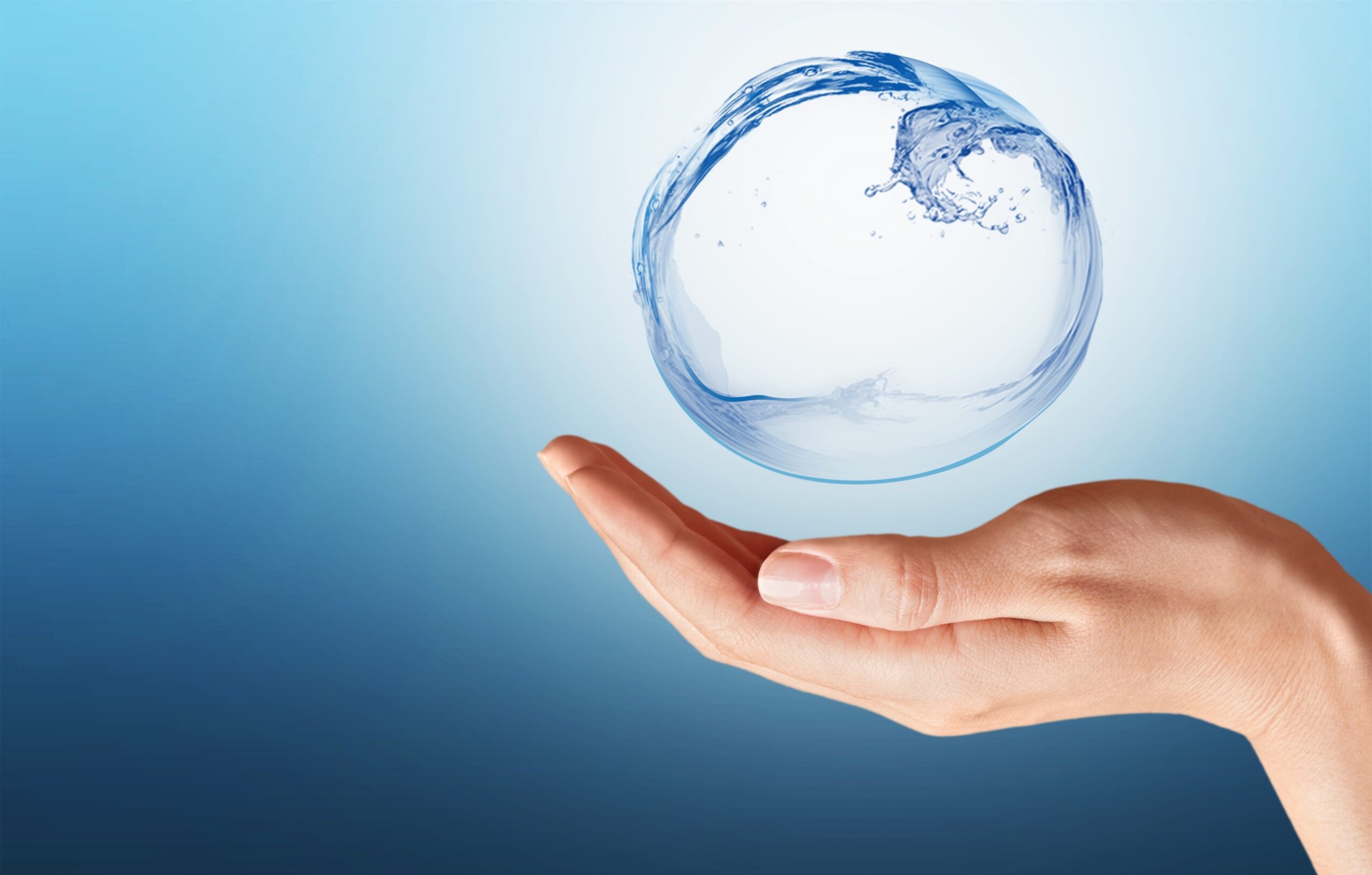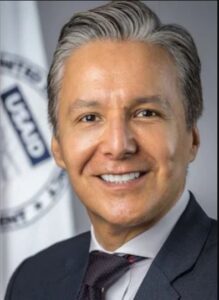Water can be a powerful catalyst for peace, prosperity and collaboration in Central Asia

Photo credit: Shutterstock.
World Water Day is celebrated on March 22, an annual reminder to our world about the vital importance of this precious, life-giving resource.
However, a quick look around the globe reveals numerous challenges facing us today with serious implications for tomorrow. Even though we consume four trillion cubic meters of freshwater per year, one in four people still lack safe drinking water. The United Nations estimates that global water demand will increase by 55 percent over the next quarter century.

Luis Rivera (USAID Central Asia Mission Director).JPG
Climate change impacts complicate this scenario, altering rain patterns and prolonging dry periods. As a result, millions of families around the world have been forced to leave their communities in search of available water.
Here in Central Asia, population growth is on pace to exceed 100 million people by 2050, and we must do all we can to ensure our children (and our children’s children) have sufficient clean water for their daily needs and, more importantly, possess the tools and knowledge to sustain clean water access far into the future.
In spite of these statistics, we need not despair. Innovative policies and energized youth focused on environmental issues suggest we can turn the precarity of our current water situation into a foundation for future peace, prosperity, and collaboration in Central Asia.
Fortunately for us, the magic of water holds special qualities. For one, it flows across boundaries, bringing food, energy and livelihoods to people regardless of nationality. This transnational aspect urges us to think across boundaries and acknowledge that the future of water calls us to realize that no country stands alone – we must cooperate for a water secure future.
A collaborative approach to water in Central Asia can optimize our water efficiency and yield benefits for energy, industry and agriculture – in effect, turning the region into a Rumpelstiltskin-like character, using cooperation to spin water into gold.
To help create this effect, the United States Agency for International Development (USAID) Central Asia’s Regional Water and Vulnerable Environment Activity is promoting an approach called WEFE Nexus, which focuses on the interconnections between Water, Energy, and Food and their impact on Ecosystems.
USAID is collaborating with various groups in Central Asia to improve water management. This includes working with universities and government water agencies to update their training materials with the latest innovations and best practices. Additionally, USAID is fostering dialogue between countries to encourage cooperation on water resource management as well as engaging with youth through a series of River Day celebrations along the Syr Darya and Amu Darya rivers to recognize the role of children in future water conservation. Lastly, USAID is promoting partnerships between the public and private sectors and creating growth opportunities for investing in the region’s water sector.
A water-secure future can become a reality if we see water from all sides, commit our energies to collaborating across sectors, and improve water management from source to sea.
USAID is proud to partner with and foster collaboration between private and public sectors to find solutions to our current water and climate challenges. Current headlines remind us that our situation is dire. Still, we can take heart in the many eager voices we hear rising in Central Asia, calling for more collaboration across water sectors – for food, energy and the environment. When these efforts coalesce, they will bring new possibilities of spinning water into gold for Central Asia.
Happy #WorldWaterDay!
The author is USAID Central Asia Regional Mission Director Luis Rivera.
